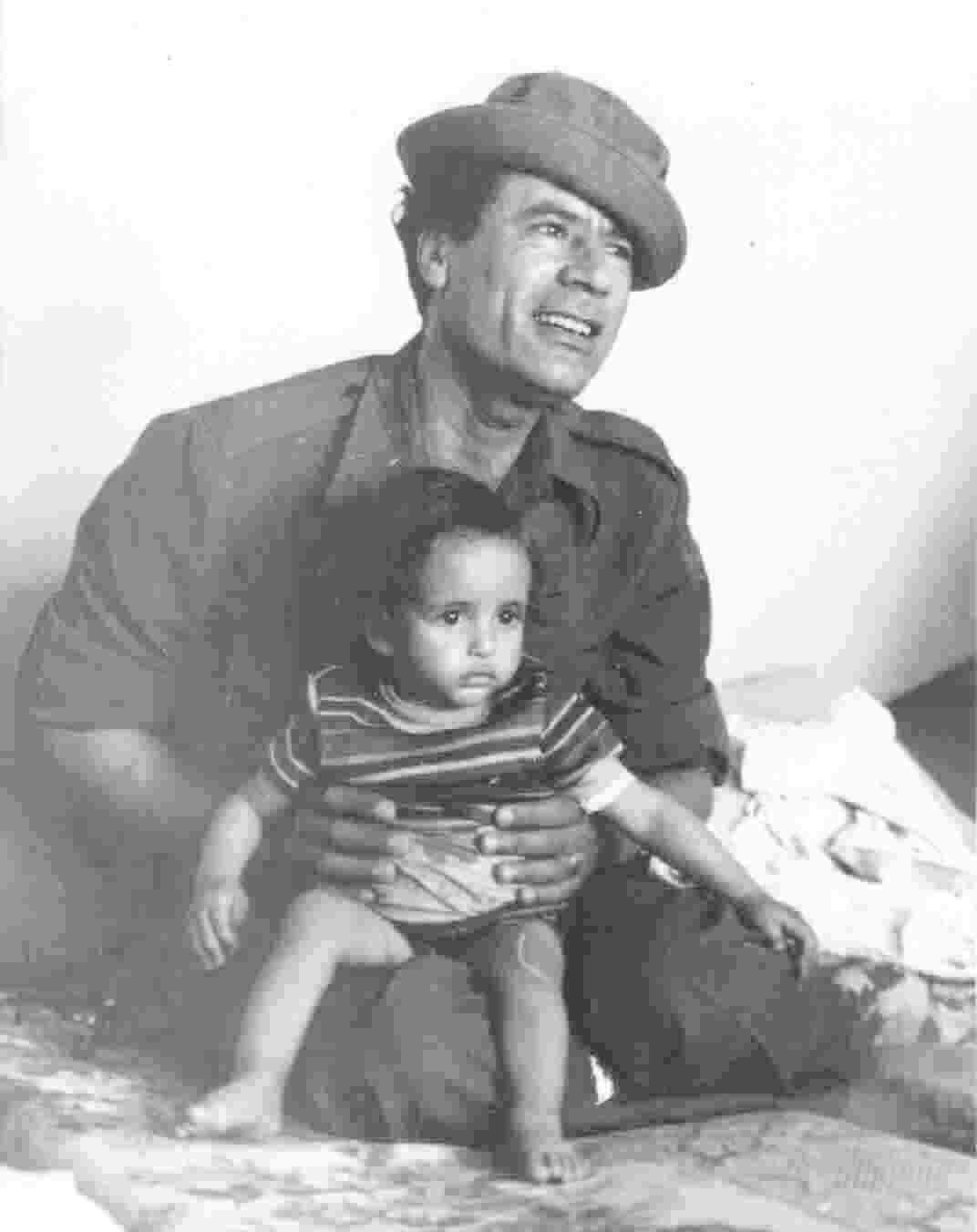This review was originally posted when Gaddafi was still in power.
"Libya since 1969" is a scholarly anthology
about Gadaffi's Libya, edited by Dirk Vandewalle. Many of the articles deal
with US-Libyan relations and their future prospects. The Libyan economy is
dissected in some other papers.
The most interesting chapter deals with Libya's strange political system, nominally a direct democracy or "state of the masses". In reality, power lays with Gaddafi and various formal or informal networks, standing above and outside the state and government. Thus, Libya actually is a "stateless" society, if we take "state" to mean stable, formalized and professionalized institutions. Such an apparatus is the sine qua non of the modern nation-state, and is (obviously!) used even by dictators. Gaddafi, by contrast, rules by his personal charisma, temporary mass mobilizations and various fluid networks.
Backstage, Libya is still split into various traditional tribes, of which the most important is Qadhadfa, Gaddafi's own tribe. Most important posts belong to Gaddafi's own tribesmen, or members of tribes allied with the Qadhadfa. Other important power-networks include the Revolutionary Committees, which seem to be a kind of cross between Stasi and the Sturmabteilung, and even have an armed militia of their own, independent from the Libyan military. Closer to the Leader himself is the Free Officer's Movement, which seems to function almost as a secret, Masonic order. There is also a group of companions to Gaddafi, selected by himself, which some scholars have compared to a royal court! Since Gaddafi is very volatile and idiosyncratic, the entire system is fundamentally unstable, and one sure wonders what will happen if the Leader of the Revolution would suddenly die.
Another interesting article in this volume deals with Muslim opposition to Gaddafi. Traditional and fundamentalist Muslims don't consider Gaddafi to be a real Muslim, a suspicion that is probably well founded. Gaddafi's real identity is that of a secular Libyan nationalist and pan-Arabist, and his strongly Muslim profile seems to be mostly for show. "Libya since 1969" details the attempts by the Muslim Brotherhood and other fundamentalists to recruit Libyans to oppose the Gaddafi regime. The Libyan secret service has managed to uncover all plots from this direction, and some of them have been truly farcical. (I wonder whether the fundamentalists are stronger today, during the rebellion against Gaddafi?)
"Libya since 1969" is probably to specialized for the general reader, but is of obvious interest to more specialized students of this subject.
The most interesting chapter deals with Libya's strange political system, nominally a direct democracy or "state of the masses". In reality, power lays with Gaddafi and various formal or informal networks, standing above and outside the state and government. Thus, Libya actually is a "stateless" society, if we take "state" to mean stable, formalized and professionalized institutions. Such an apparatus is the sine qua non of the modern nation-state, and is (obviously!) used even by dictators. Gaddafi, by contrast, rules by his personal charisma, temporary mass mobilizations and various fluid networks.
Backstage, Libya is still split into various traditional tribes, of which the most important is Qadhadfa, Gaddafi's own tribe. Most important posts belong to Gaddafi's own tribesmen, or members of tribes allied with the Qadhadfa. Other important power-networks include the Revolutionary Committees, which seem to be a kind of cross between Stasi and the Sturmabteilung, and even have an armed militia of their own, independent from the Libyan military. Closer to the Leader himself is the Free Officer's Movement, which seems to function almost as a secret, Masonic order. There is also a group of companions to Gaddafi, selected by himself, which some scholars have compared to a royal court! Since Gaddafi is very volatile and idiosyncratic, the entire system is fundamentally unstable, and one sure wonders what will happen if the Leader of the Revolution would suddenly die.
Another interesting article in this volume deals with Muslim opposition to Gaddafi. Traditional and fundamentalist Muslims don't consider Gaddafi to be a real Muslim, a suspicion that is probably well founded. Gaddafi's real identity is that of a secular Libyan nationalist and pan-Arabist, and his strongly Muslim profile seems to be mostly for show. "Libya since 1969" details the attempts by the Muslim Brotherhood and other fundamentalists to recruit Libyans to oppose the Gaddafi regime. The Libyan secret service has managed to uncover all plots from this direction, and some of them have been truly farcical. (I wonder whether the fundamentalists are stronger today, during the rebellion against Gaddafi?)
"Libya since 1969" is probably to specialized for the general reader, but is of obvious interest to more specialized students of this subject.

No comments:
Post a Comment